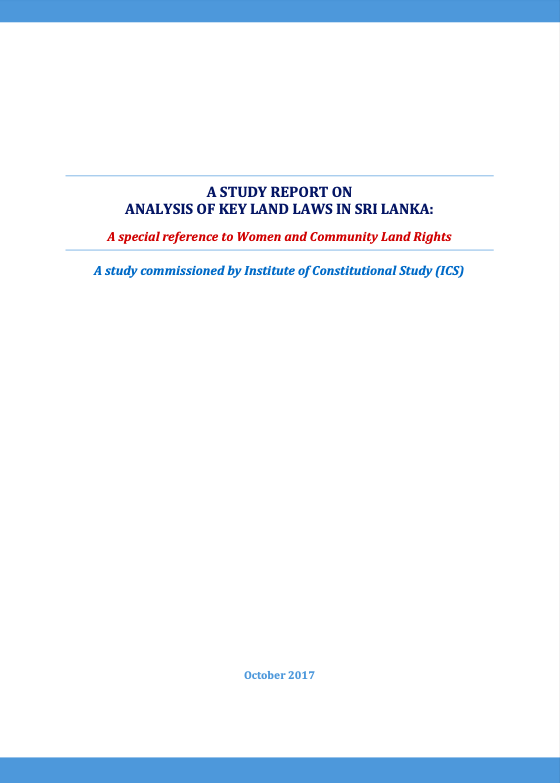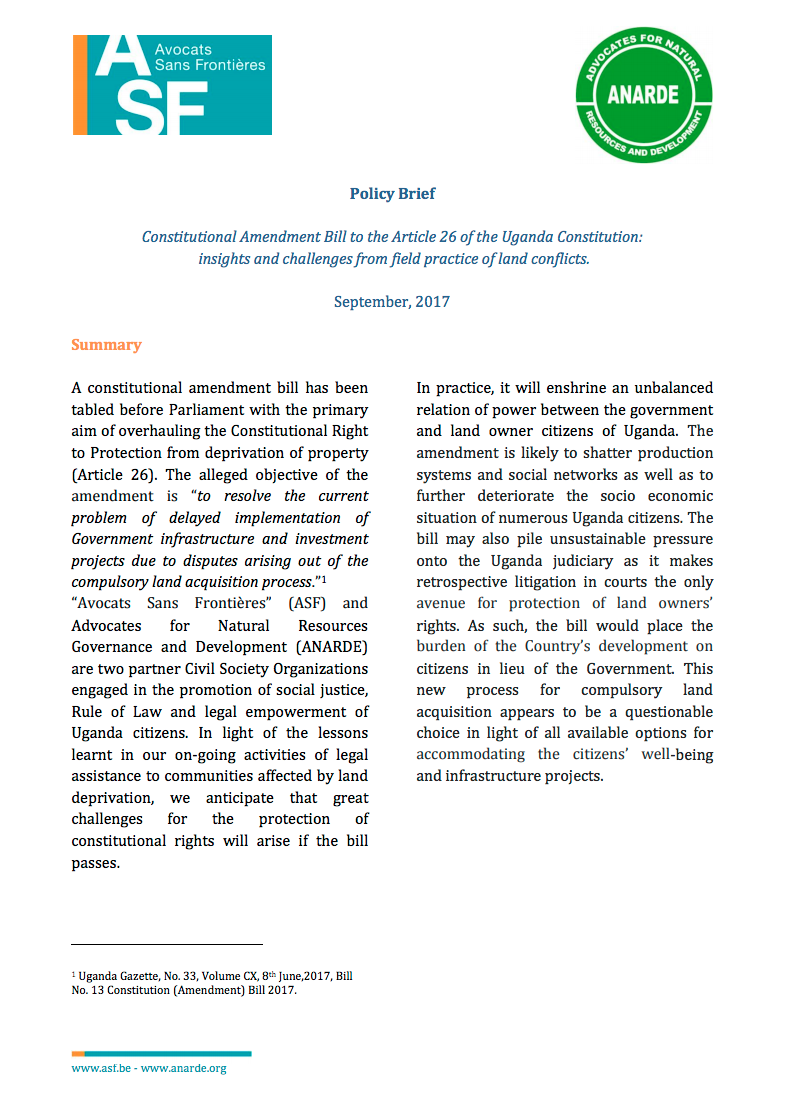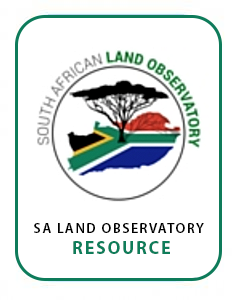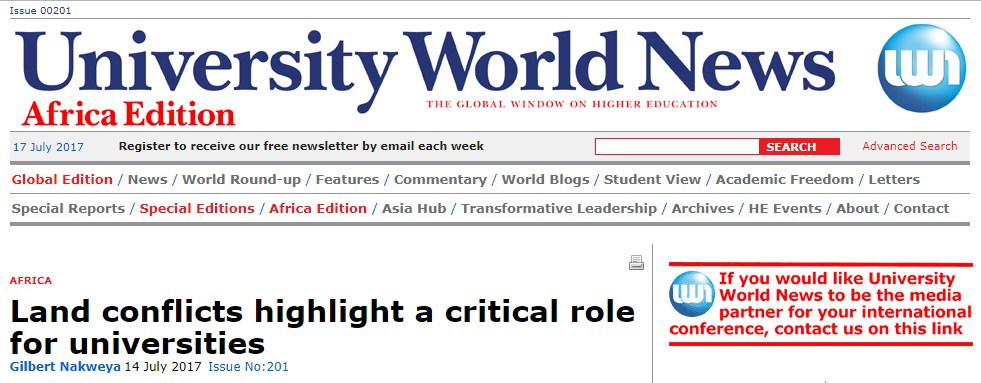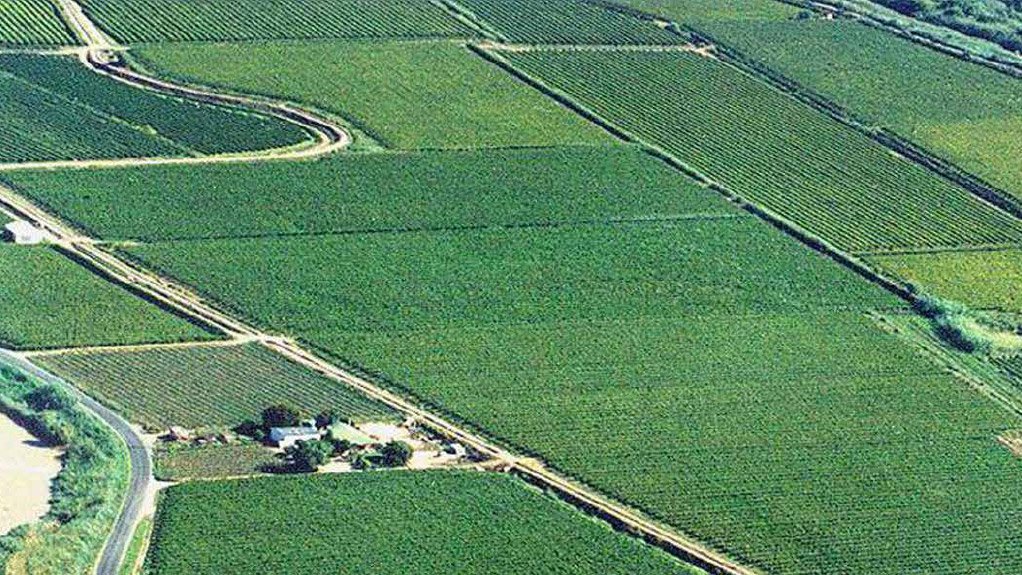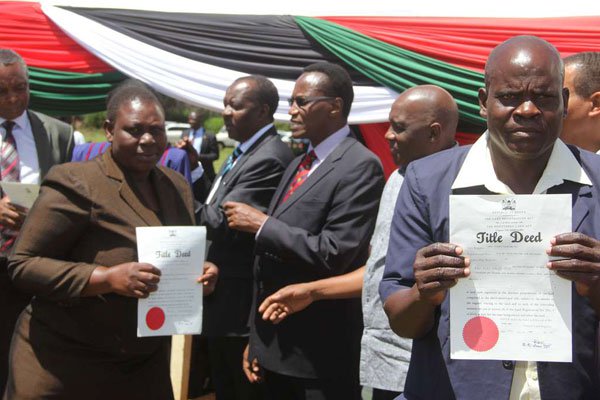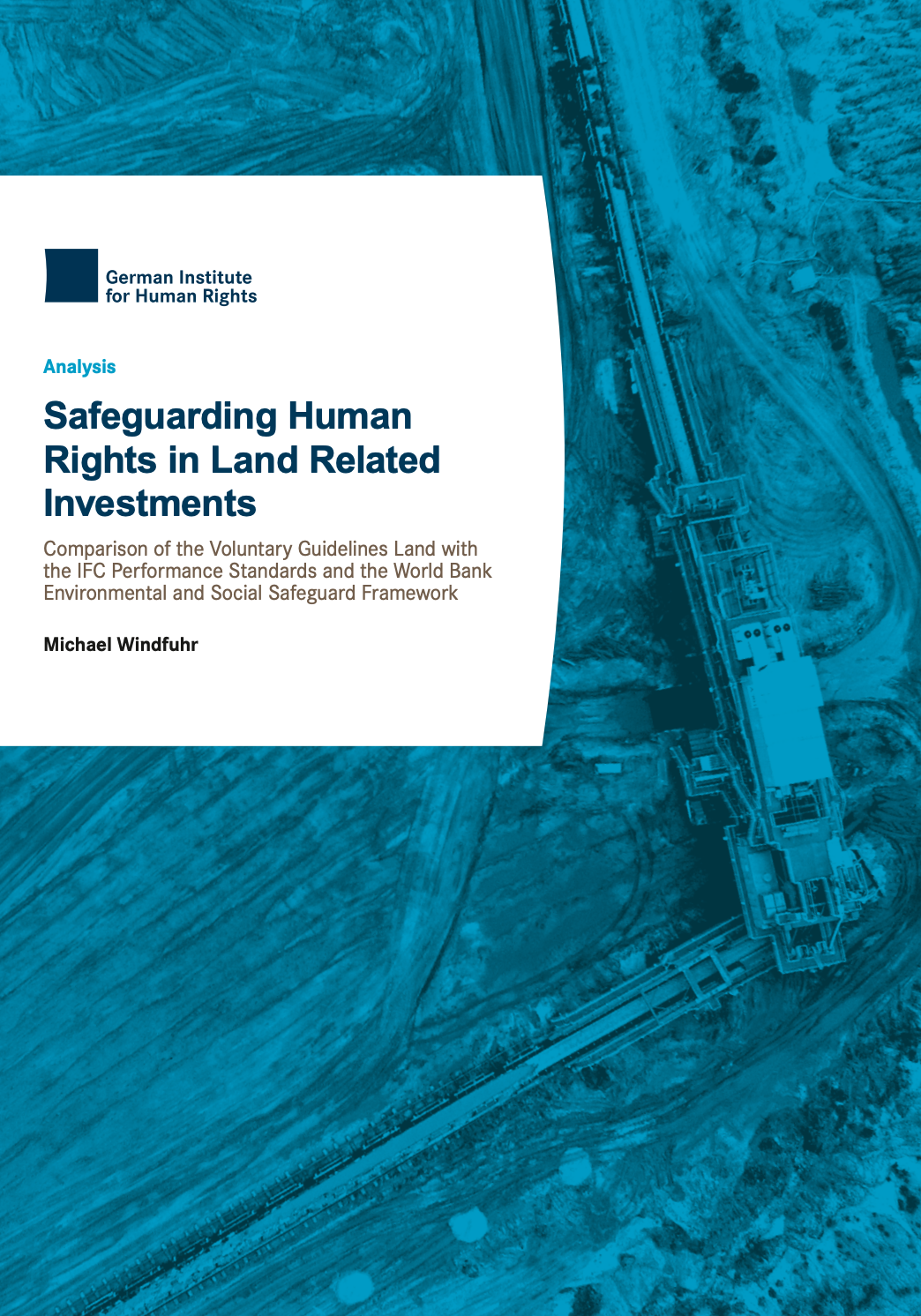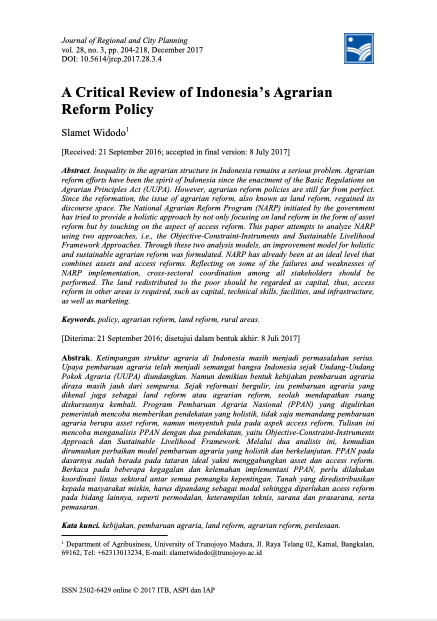A Study Report on Analysis of Key Land Laws in Sri Lanka
Land is an imperative and crucial factor in the social, cultural and economic identity of the people in Sri Lanka due to the importance it has been given throughout our history. Moreover, the rights and interests over land are unequivocally and legally secured without any discrimination on the basis of gender, caste, religious or ethnic lines for its peaceful enjoyment and for the economic development of the people and the country.

